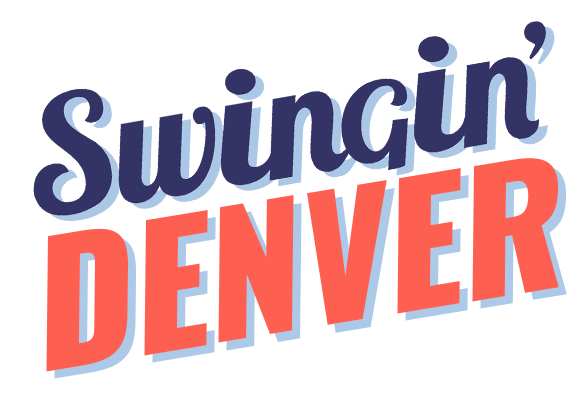Kizomba, Salsa, Zouk, Jitterbug read the dance list. Here was a school that respected the names of Black dances created outside of America but chose Jitterbug to represent Lindy Hop, a Black dance created in America. We asked why and are still awaiting a response.
Frankie Manning, a second-generation Black Lindy Hopper, once said in an interview: "Nowadays if you say Lindy Hop there are very few people who know the word. You know you say Lindy Hop and they just look at you you know. What is that? And then you say uh jitterbug and their face light up because they have heard Jitterbug for so long till they think that's what it is."
There’s a local jazz festival celebrating Jazz Age dances and listing Charleston, Lindy Hop and Jitter Bug in what is being billed as a “celebration of America’s unique performing art.” Once again, a Black creation is subsumed for a white audience with the Jitter Bug inclusion and no mention of Black creators related to these dance and music forms.
Related to this, using words like "vintage" can fix Lindy Hop into a particular time and place while ignoring it's cultural transmission (separating creators from their creation) through generations perhaps minimizing its present impact. My notes from Marie N'Diaye from hers and Felix’s workshop - “European cultures tend to preserve. That was their environment. If they didn't preserve food, they'd die, whereas food was often abundantly available in the African continent.” If environment begets culture then we ought to look at the language we use to enhance inclusivity.
Oftentimes, organizers are resistant to changing their language because they’re afraid of distancing their majority-white customer base. When an organizer asked us for co-promotion assistance, we asked them to take several anti-racist steps such as calling what they were teaching by their Black social dance names, talking about the roots of these dances both on their website and social media. Months later, we still haven’t heard back.
But what if we fully embraced and acknowledged Black ownership? As Dr. Thomas DeFrantz discussed in a CVFC talk - “Dance is technology transforming dehumanization into joy but Black people can’t hold the patent.” We keep taking their fertile creations and:
renaming their creations
transforming their creations through European-American lens (lead/follow concepts, angularity or lack thereof)
sharing a history where these creations are vintage, ending in a certain era, and thereby ignoring the living community that fostered them
It’s sad to hear “That's just the way he is; he isn't going to change.” when people talk about organizers that will continue teaching East Coast Swing alongside their Lindy Hop. Instead of preserving white ownership appropriating Black culture, we should dismantle it through our words, actions and dollars.
